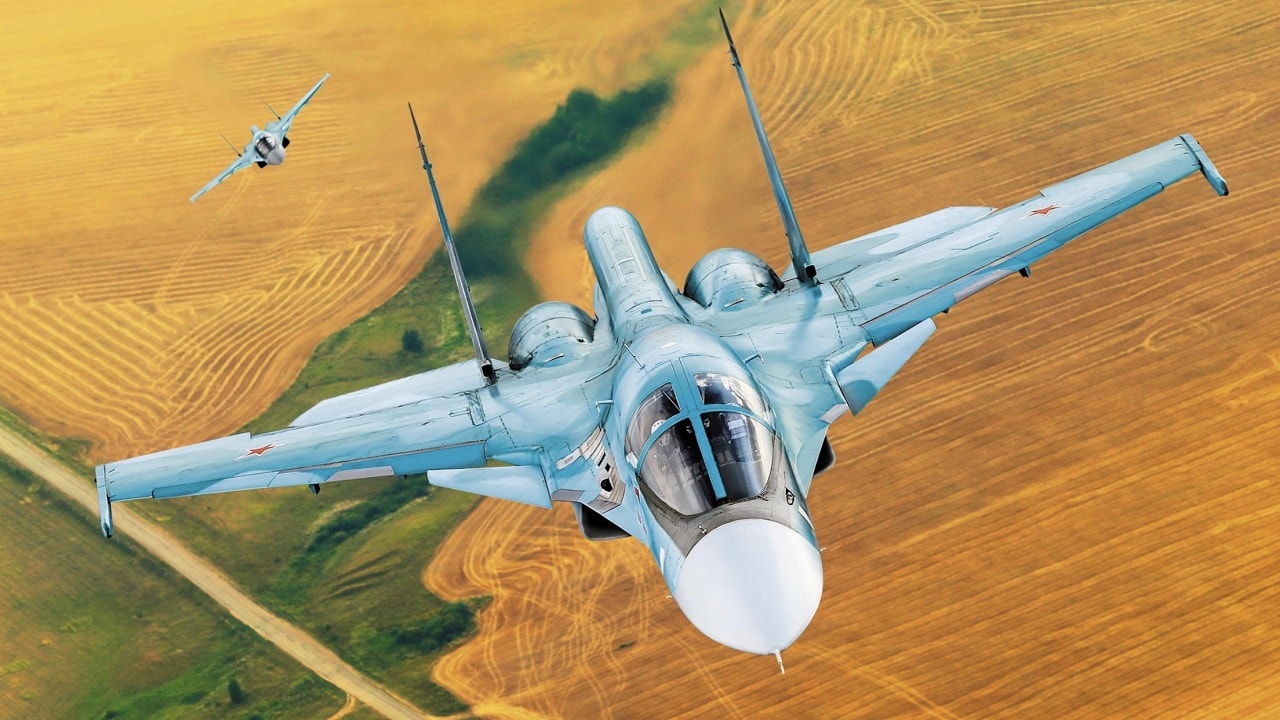Is the U.S. underestimating Russia? We Westerners often fancy ourselves as having the most brilliant, experienced, and capable militaries in the world. In America, we believe our economic might, backed up by our status as the world’s top oil producer, enables us to dominate all regions of the globe. Yet beneath the surface, there is a growing danger to our country that few recognize: uninformed confidence, lack of knowledge, and dangerous hubris.
Ancient Chinese military strategist Sun Tzu famously wrote, “If you know the enemy and know yourself, you need not fear the result of a hundred battles. If you know yourself but not the enemy, for every victory gained you will also suffer a defeat. If you know neither the enemy nor yourself, you will succumb in every battle.” America arguably epitomized the first sentence following World War II, fueling our rise as a global superpower; we’re now in danger of embodying the last sentence.
In some instances, over the past few decades, the U.S. has genuinely demonstrated a superior capacity to wage war. Yet as often happens, long stretches of success can produce, not more excellence, but hubris – and hubris often leads to laziness.
When I was a young second lieutenant in 1990 serving in the 2nd United States Cavalry patrolling the Cold War border between East and West Germany, our military leaders were relentless in compelling us to study our potential Soviet opponents ad nauseum. We had to commit to memory their tactics, doctrine, and capabilities of all major weapon systems.
We were never afraid of the Red Army, but we had a very healthy respect for what millions of Soviet troops and tens of thousands of armored vehicles could do if we waged war against them. Knowing our own tactics and abilities as well as those of our would-be Soviet enemies, gave us the confidence to believe we could defeat them if it ever came to war. Today, whether in the U.S. military, diplomatic corps, or in the political arena, there appears precious little interest in putting in the work to know anything about “the enemy.”
To the contrary, we presently believe our side is vastly superior to that of nearly any possible opponent. We routinely mock, ridicule, and condescend on the Russian army, routinely describing them as “incompetent,” “garbage” and in danger of outright “collapse.” There is little evidence that more than a precious few in the think-tank world, on Capitol Hill, or in the Administration – and even the U.S. military – spend sufficient time studying our Russian adversary.
Instead, we love to turn them into a caricature of the “evil” side, devoid of any valid points of view, and of little more than use as a media punching bag. We only seek information about Russia to confirm our existing bias that they are wicked to support our preferred outcome that they be defeated. Such attitudes result in the development of a dangerously inaccurate assessment of our opponent. The reality of this war, in contrast, is that there isn’t a “good” side and a “bad” side, there are just the Ukrainian and Russian sides, each with their own strengths, weaknesses, flaws, and attributes.
By refusing to study and understand the Russians in an open and honest way, we fail to arm ourselves with the information and knowledge necessary to create policies that have a solid chance of attaining outcomes beneficial to the United States. One does not need to love Russia or condone anything they’ve done. But by clinging to the arrogant view that Russia is a weak state, with a garbage military, led by evil men, we stumble into policies that may, through sheer ignorance, inadvertently produce outcomes antithetical to our interests.
We also don’t know ourselves. We believe that our military technology is the best in the world, and it is our sovereign choice as to how much of it we’ll give Ukraine to achieve the outcome we desire, believing the results are fully within our ability to control. We believe that we can force-manage all economic aspects of warfare, in that we consider ourselves brilliant enough to manipulate with a fine instrument measures intended to harm Russia but believe we can simultaneously insulate our own markets from any ill-effects or harm.
We believe we can successfully blunt Russia’s energy resources while maintaining oil prices for our oil that suits our preferences; we do the equivalent of thinking we can drain one end of a pool to deprive our neighbor of water while keeping our end of the pool happily full. By continuing to make policies based on too little knowledge and too much hubris, we play a very dangerous game of, pardon the intentional pun, Russian roulette, with the security and viability of our economy and national security at stake.
In the condition where we know neither our enemy nor ourselves, we are headed to a bad outcome – and if carried far enough, to catastrophe.
Also a 1945 Contributing Editor, Daniel L. Davis is a Senior Fellow for Defense Priorities and a former Lt. Col. in the U.S. Army who deployed into combat zones four times. He is the author of “The Eleventh Hour in 2020 America.” Follow him @DanielLDavis.

